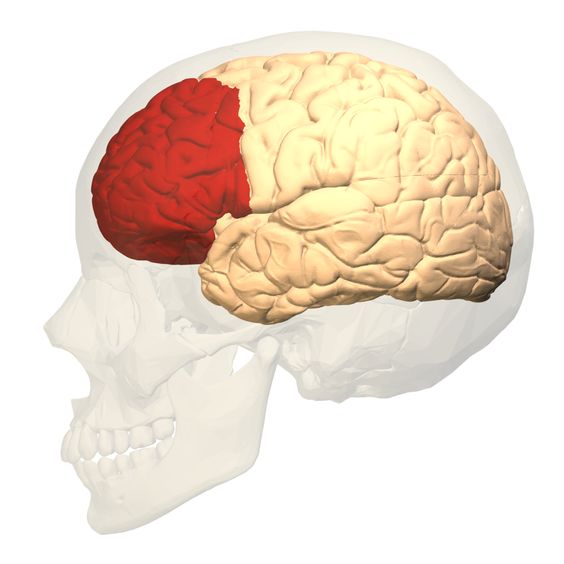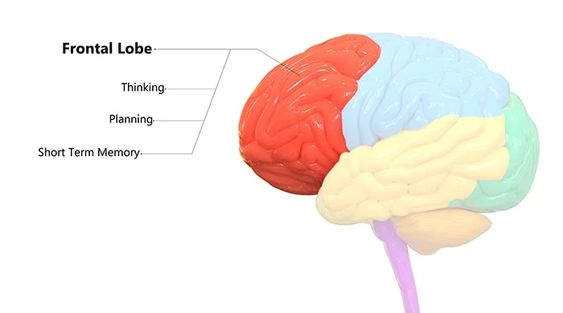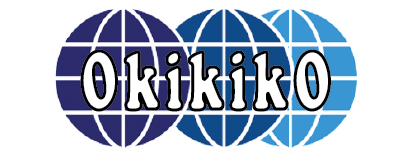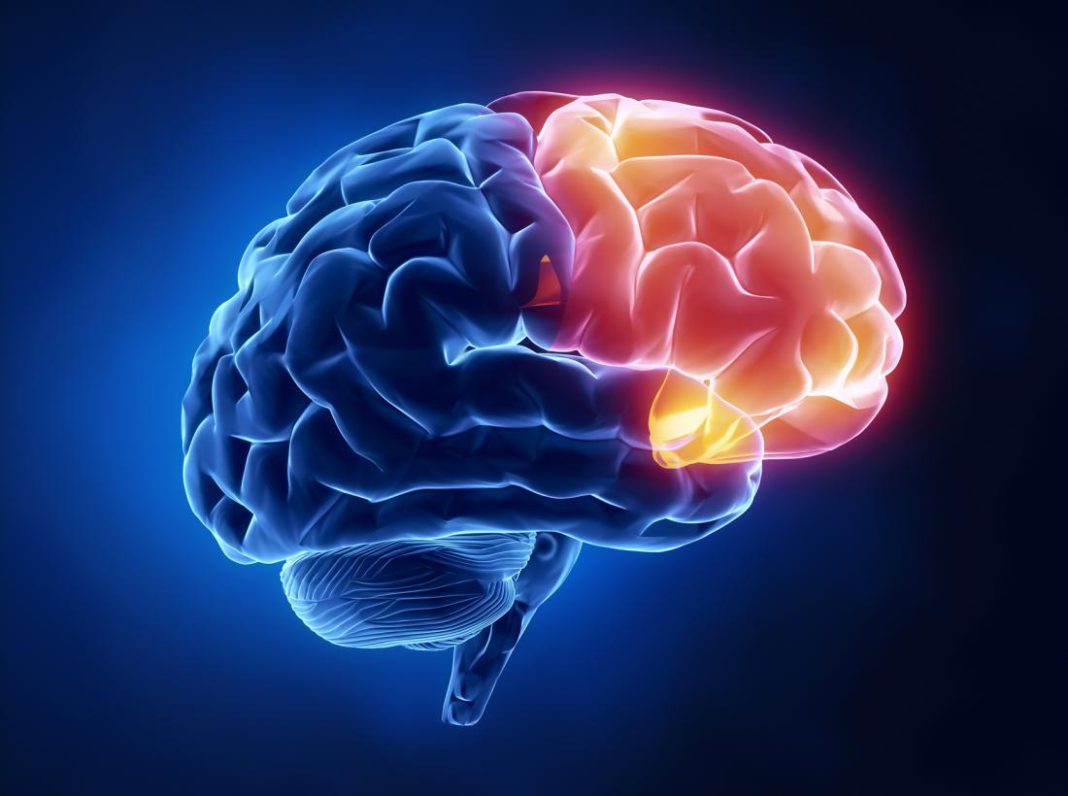okikiko.com – The Frontal Lobe is the most important part of the brain and is involved in the various “human” skills. Voluntary motor behavior includes movements of the arms and legs, eye movements, and speech. The voluntary motor behavior region of the frontal lobe is responsible for these functions. The social context that we live in determines how we respond to objects and other people. For example, we respond to people by gesturing, judging their feelings, and deciding what to do.
Part of the brain’s attention net

The Frontal Lobe is responsible for a wide variety of behavioral, cognitive, and physical symptoms. Although the Frontal lobe is the most important area of the brain, other areas of the brain are also important. The pulvinar lobe, superior parietal lobe, and temporoparietal junction are all part of the attention networks of the brain. Understanding these networks requires an understanding of individual functions of anatomical regions.
The Frontal Lobe plays a crucial role in language use and interpretation. Consequently, problems with language comprehension, word sounds, and the rhythm of speech affect the function of the Frontal lobe. The other areas of the brain, such as Broca’s area, contribute to the comprehension of language. Those who suffer from these disorders will need to have their frontal lobe examined to diagnose and treat the underlying causes.
Patients with such conditions exhibit dramatic changes in personality

Damage to the Frontal Lobe can result in immoral behavior, executive functioning problems, and attention deficits. Some patients with such conditions exhibit dramatic changes in their personality. The Frontal Lobe has been implicated in many different kinds of personality changes. A patient with a frontal lobe injury might struggle with a simple task like sorting cards by multiple criteria, or they may struggle with an abstract task like regulating intergroup processes.
The Frontal Lobe is an integral part of the brain, and its disorders affect social relationships, attention, and executive function. Its impairments affect the patient’s ability to communicate, make decisions, and interact with others. They may have a range of behaviors and emotions, and may be highly resistant to treatment. It is therefore essential to assess the patient’s condition, including a family history, and to seek referrals for treatment.
Diseases of the Frontal Lobe can result in a variety of symptoms. Patients with frontal lobe dysfunction may experience prominent changes in their mood and personality. They may become irritable and impulsive, and respond in blunt ways to certain situations. They may also have other problems, such as difficulty with learning to speak or in learning new language. The symptoms of a frontal lobe disease will depend on the severity of the disease.
Frontal lobe is the most important part of the brain

A person with a frontal lobe disorder is prone to sudden and dramatic changes in their physical and emotional states. These changes often occur in the patient’s personality. In addition, they may show unusual emotions and motor skills. In some cases, they may even have a difficult time understanding how other people feel. However, despite these signs and symptoms, the frontal lobe is the most important part of the brain.
In order to determine if a patient has a frontal lobe disorder, the patient must be examined thoroughly. A family and close-contact history are required. During the examination, the patient should be observed for changes in their behavior, including inappropriate jocularity, environmental dependency, and incontinence. During the exam, the physician should also look for changes in the patient’s physical and emotional functioning. A person with a frontal lobe dysfunction should be evaluated for these changes.
May cause response in an inappropriate manner

Neuropsychological tests can help diagnose the disorder. Some of these tests can assess memory, impulse control, and speech comprehension. Some patients with frontal lobe pathology may have trouble with tasks that require them to sort cards. For example, if a patient’s condition has damaged the frontal lobe, he may have difficulty sorting by varying criteria, which may cause him to respond in an inappropriate manner.
Moreover, frontal lobe syndrome may be characterized by behavioral, cognitive, and emotional symptoms. Patients with a frontal lobe disorder may have sudden and drastic changes in their personality. For example, they may develop a phobia of public speaking or may experience deafness. In addition, they may have trouble with spatial reasoning. In some cases, they may have a disorder in the frontal lobe.


